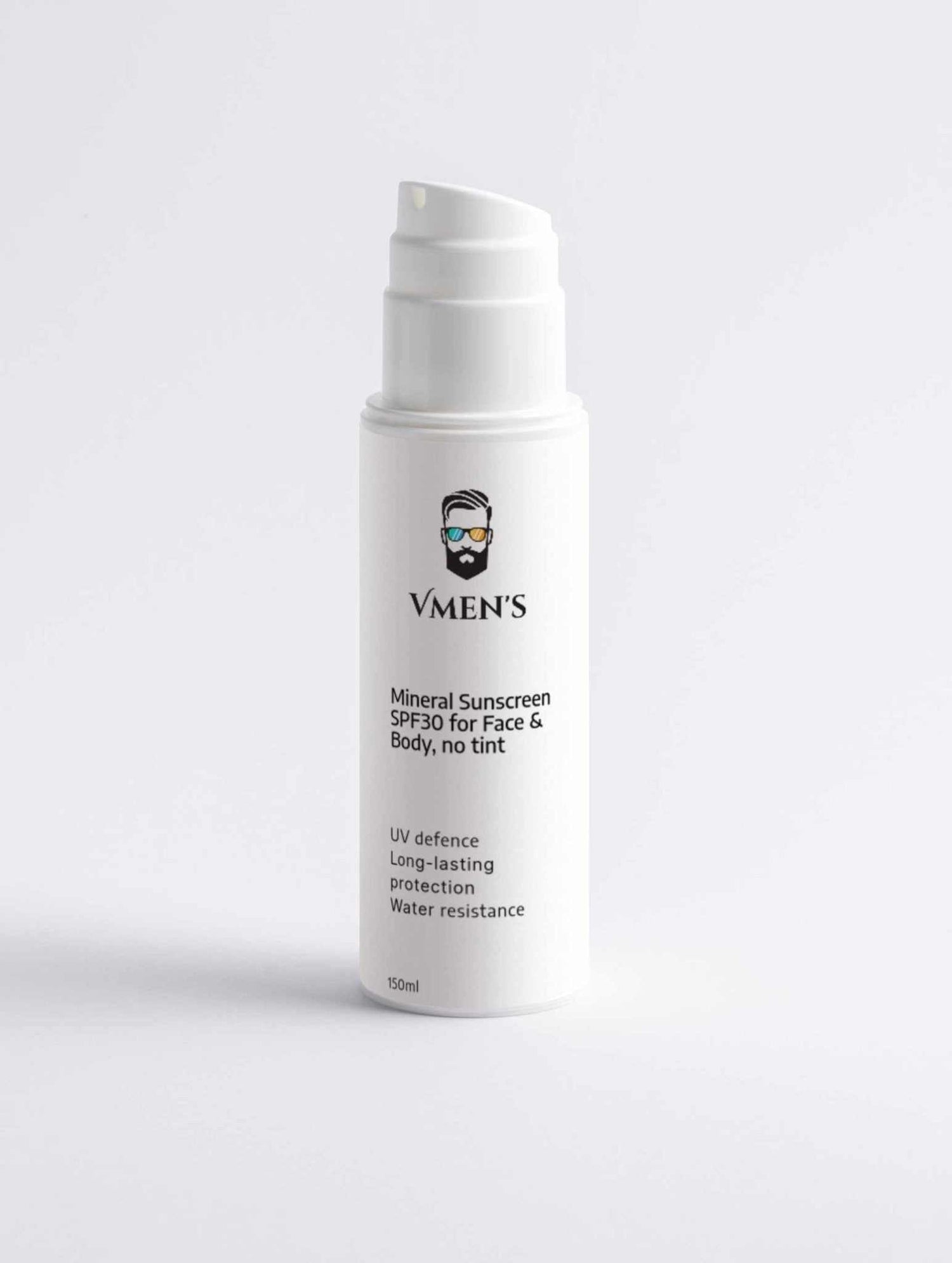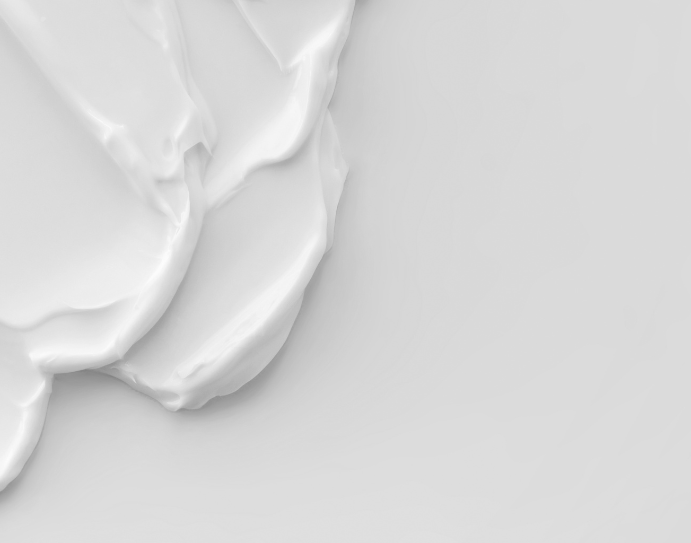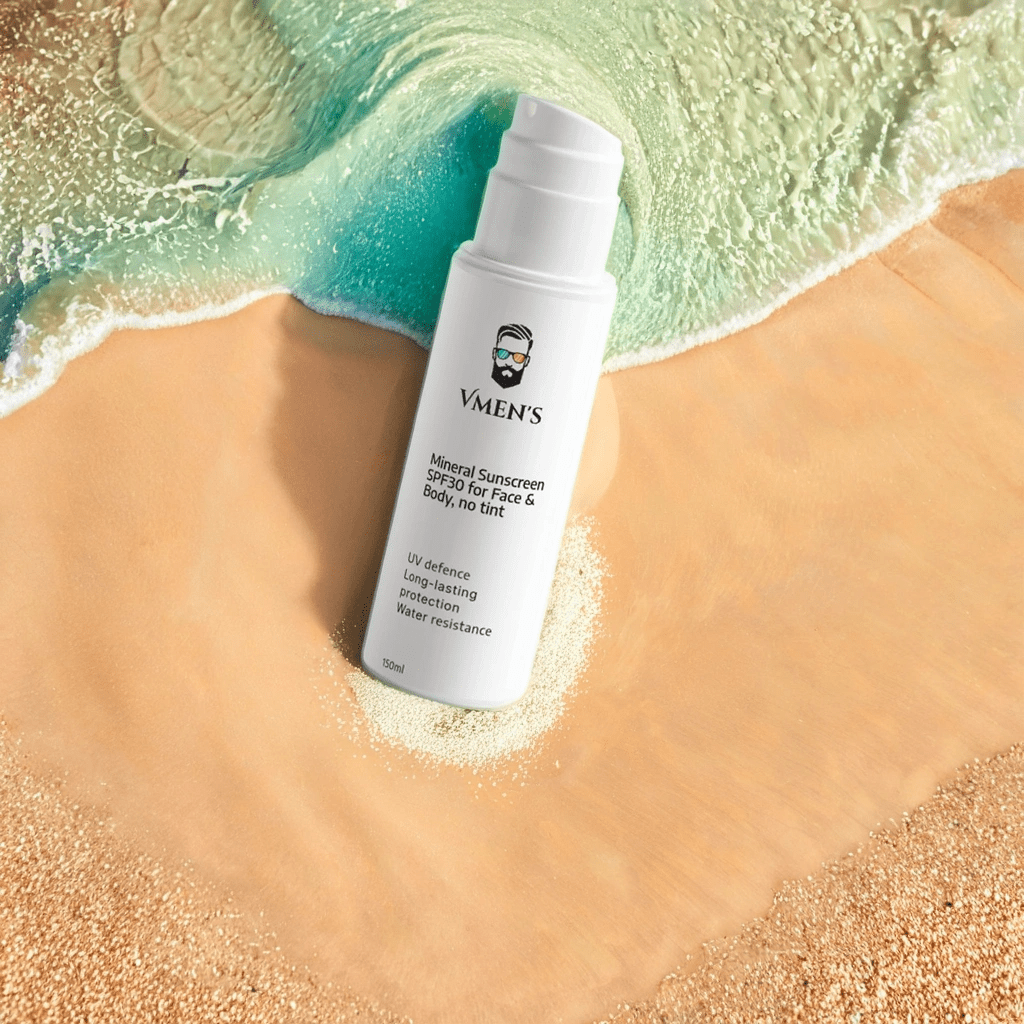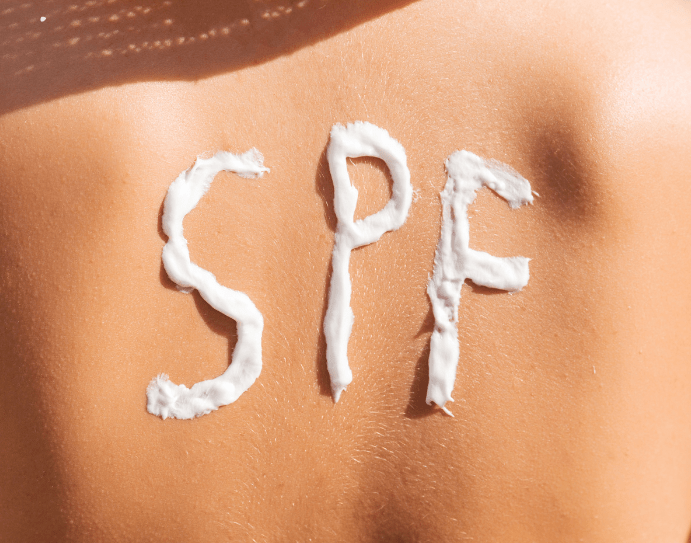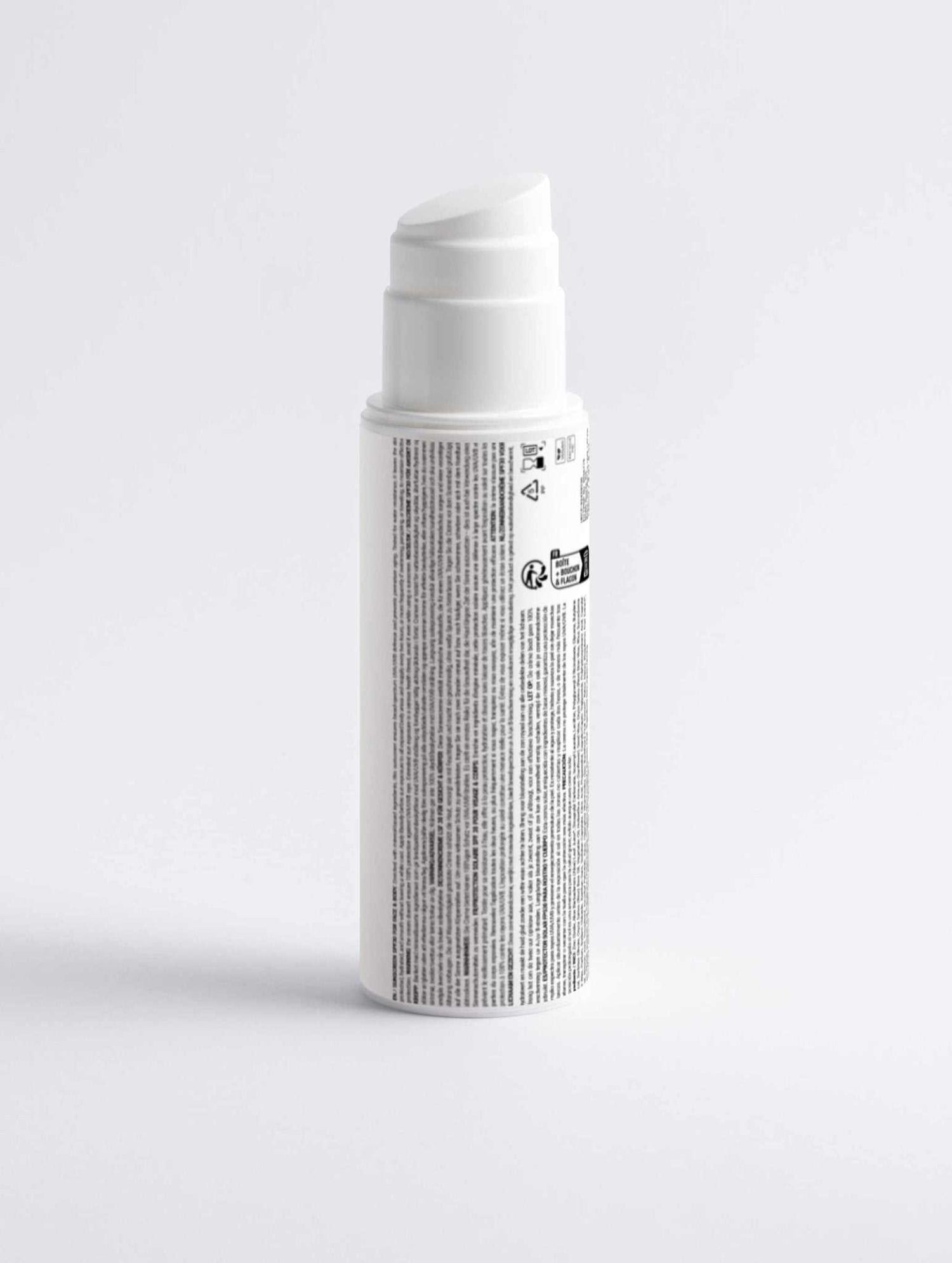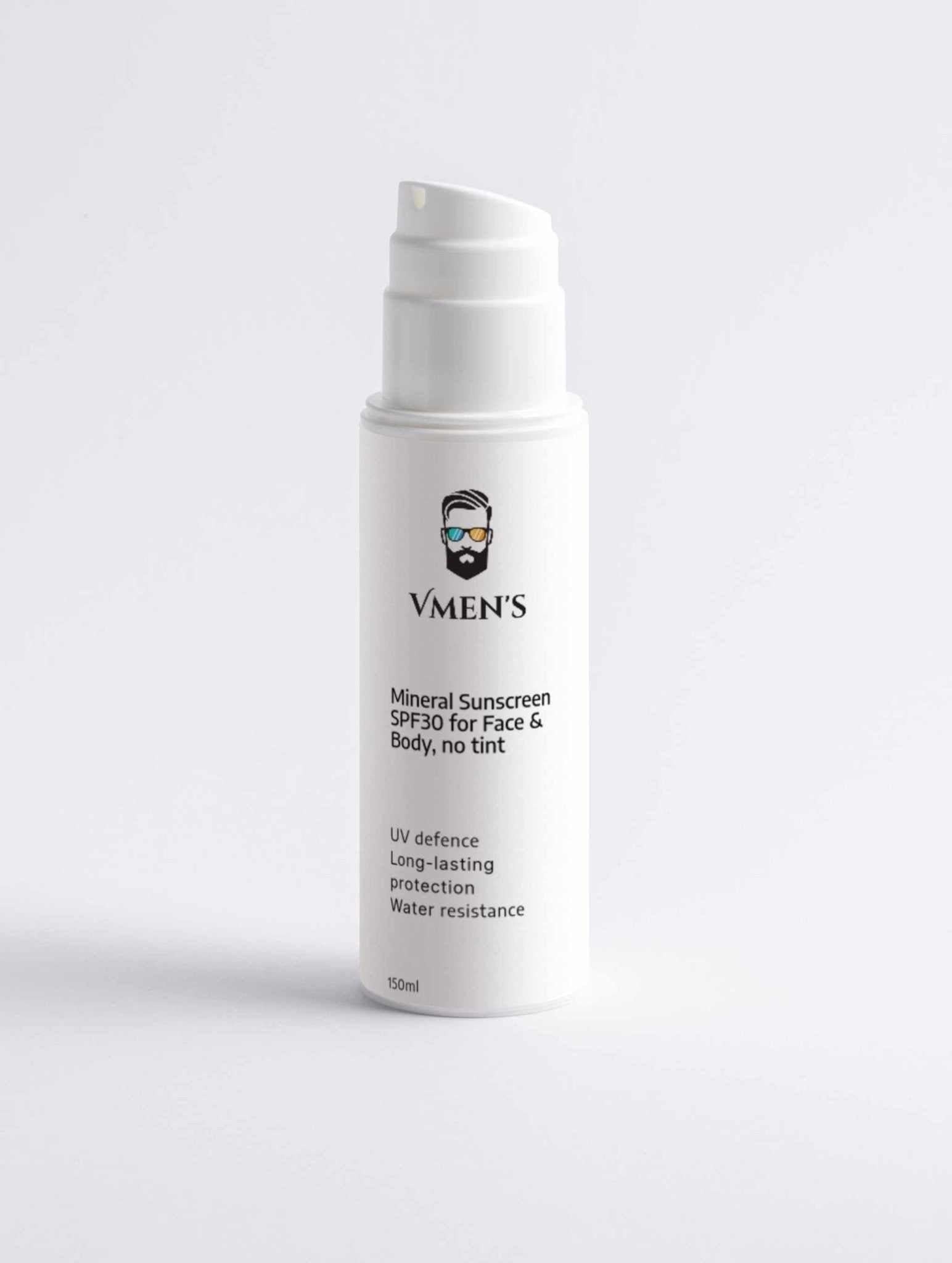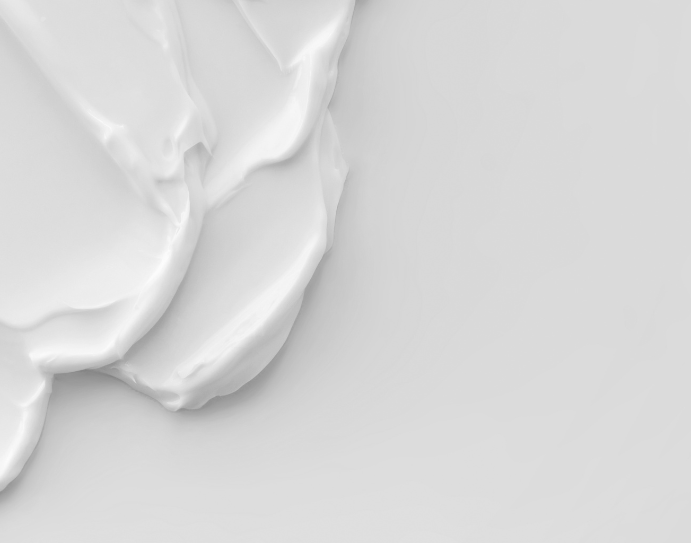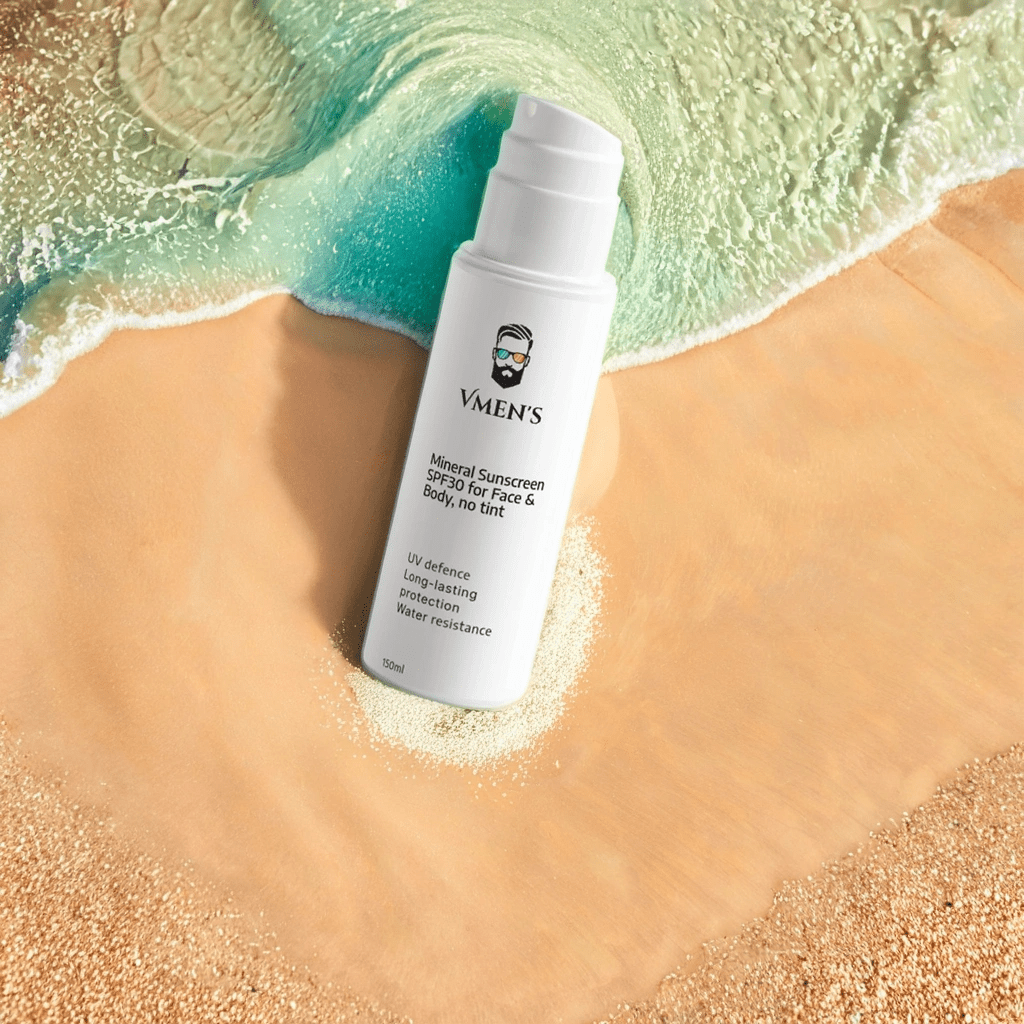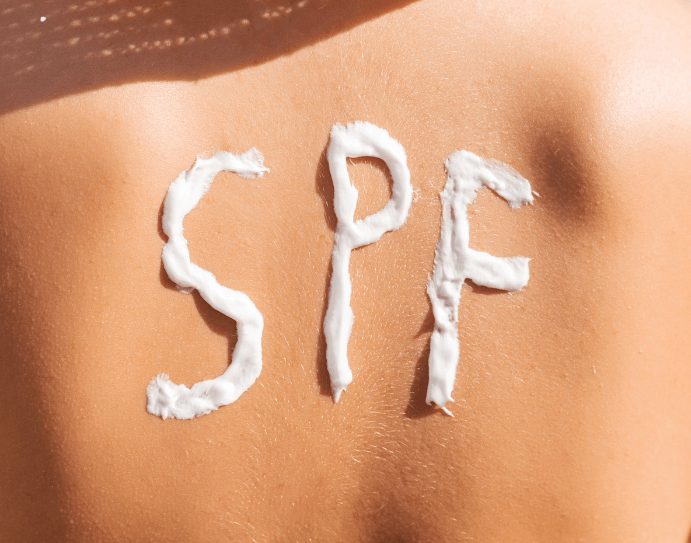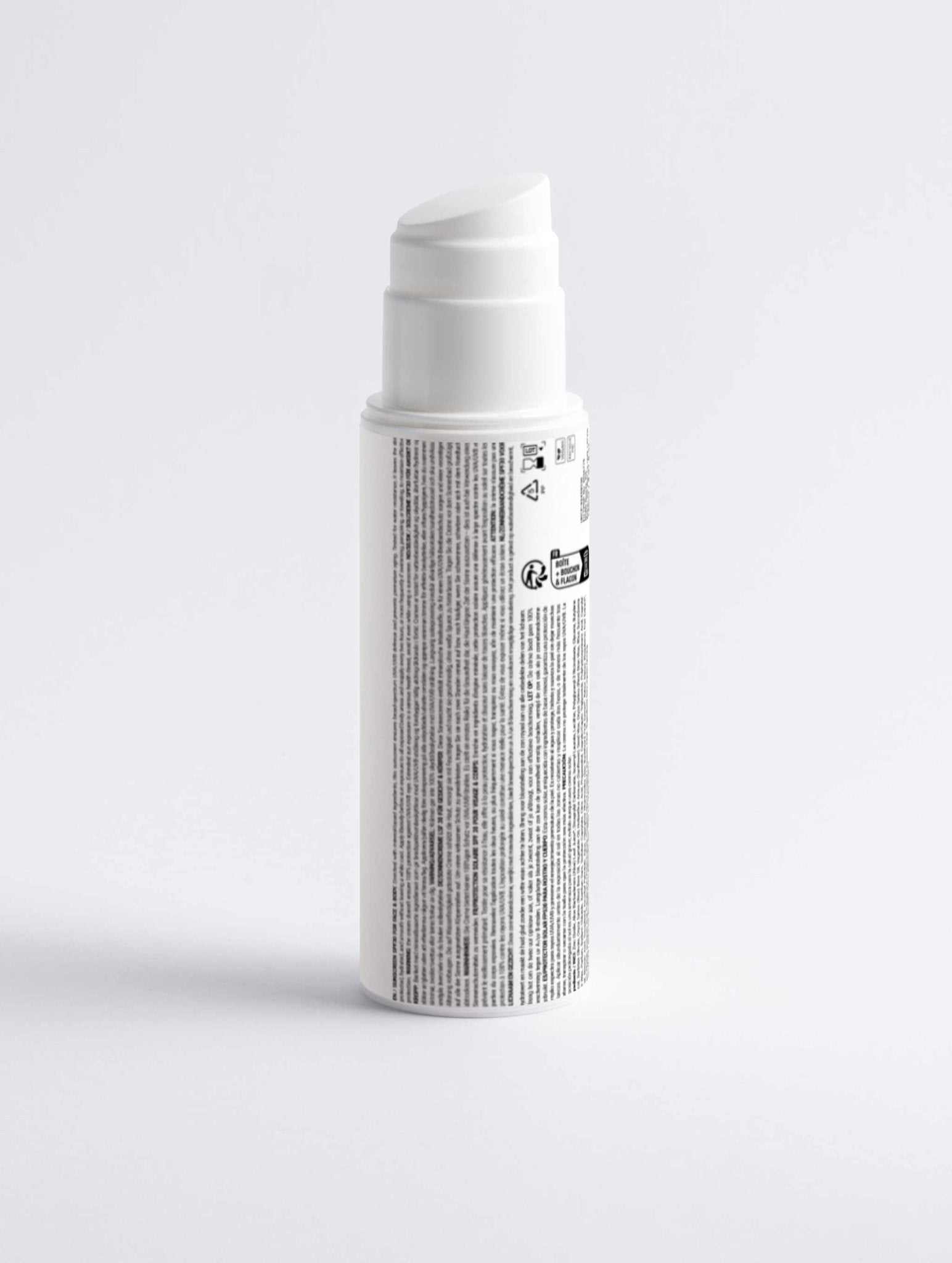Rosacea is a chronic skin condition that can be as perplexing as it is visible. Characterized by redness, bumps, and sometimes acne-like symptoms, it's a condition that not only affects the skin but can also impact an individual's self-esteem and mental well-being. In this guide, we delve into what rosacea is, who is at risk, its causes, and how to manage it effectively.
What is Rosacea?
Rosacea is a long-term skin condition primarily affecting the face. Key characteristics include:
- Redness and Flushing: Often seen on the forehead, cheeks, chin, and nose.
- Pus-Filled Spots: Similar in appearance to acne.
- Small Bumps: These may accompany the redness.
- Skin Sensitivity: The skin may feel hot, sore, or sting.
- Non-Contagious: Rosacea cannot be spread from person to person.
Who is at Risk?
While the exact cause of rosacea is unknown, certain factors increase the risk:
- Genetic Predisposition: It often runs in families.
- Gender: More common in women, but tends to be more severe in men.
- Environmental and Immune Factors: These may play a role in its development.
Causes of Rosacea
The exact cause of rosacea remains a mystery, but several factors are thought to contribute:
- Genetics: A family history of rosacea can increase risk.
- Immune System Factors: Abnormalities in the immune system may contribute.
- Environmental Triggers: Sun exposure, weather changes, and other external factors can exacerbate symptoms.
Managing and Treating Rosacea
While there is no cure for rosacea, various treatments can help manage its symptoms:
- Topical Creams: Prescribed by doctors to reduce inflammation.
- Oral Antibiotics: Can also help with inflammation.
- LED Mask Photofacials: Regular sessions can reduce redness and inflammation.
- High SPF Sunscreen: Essential to protect the skin from UVB rays, which can worsen symptoms.
- Identifying Triggers: Understanding and avoiding personal triggers, such as certain foods or environmental factors, is crucial.
Common Triggers
Triggers can vary, but some are more common:
- Emotional Factors: Stress, anxiety, and anger.
- Dietary Choices: Spicy and acidic foods, alcohol, and possibly dairy.
- Environmental Conditions: Saunas, hot baths, humidity, and sun exposure.
What Can Worsen Rosacea?
Certain habits and products can exacerbate rosacea:
- Sun Exposure: Without adequate protection, this is a significant trigger.
- Harsh Skincare Practices: Over-exfoliating or using rough scrubs.
- Perfumed Products: Fragranced soaps, cleansers, and moisturizers can irritate.
- Diet and Alcohol: Poor diet and excessive alcohol consumption can trigger flare-ups.
The Ultimate Skincare for Rosacea
Managing rosacea involves a gentle, tailored skincare approach:
- Gentle Cleansing: Avoid harsh, fragranced cleansers.
- Soothing Moisturizers: Look for products designed for sensitive skin.
- Avoid Harsh Exfoliants: Opt for mild or no exfoliation.
- Regular Sunscreen Use: A high SPF is non-negotiable.
- Mindful Diet: Pay attention to how your diet affects your skin.
Conclusion
Living with rosacea requires understanding and adapting to your skin's needs. While it can be challenging, with the right care and lifestyle adjustments, many people with rosacea lead comfortable, confident lives. Remember, each person's triggers and effective treatments can vary, so it's important to work closely with a healthcare professional to develop a personalized management plan.

